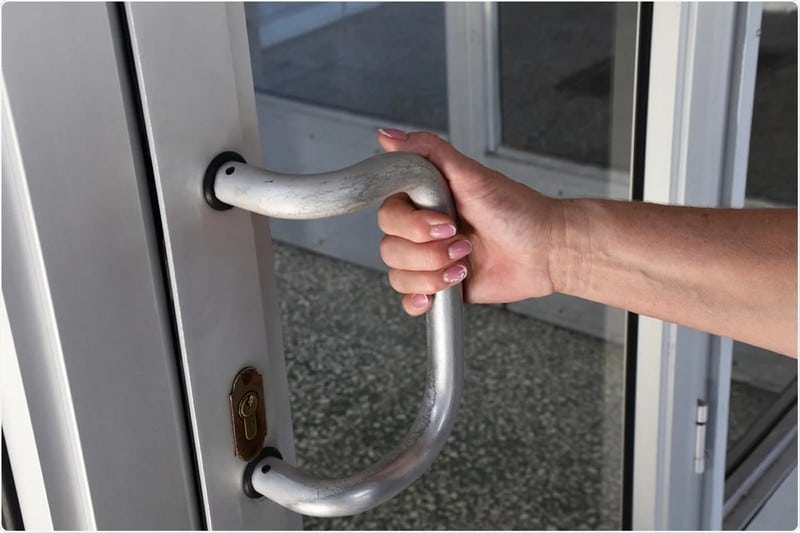Pinworm is a parasitic infection that occurs when humans are infected with the pinworm parasite Enterobius vermicularis. This worm is white or yellowish white and resides in the lower intestine, where female worms can lay up to 16,000 eggs in one day.
Once the eggs are laid, they travel outside the body through contaminated fingers touching the infected areas, such as the anus or vulva. After being ingested, the larvae hatch inside the intestines and mature into adult worms within two months. The most common symptom of pinworm infestation is an itching sensation around the anus or vulva. This itching is caused by the female worm depositing her eggs in these sensitive areas. Other symptoms may include restless sleep, irritability, vulvovaginitis in women, and stomach pain. If left untreated, pinworm can lead to appendicitis, hernia, and pneumonia.
Treatment for pinworm infestation typically includes oral medications or topical creams prescribed by a physician. In some cases, hospitalization may be necessary. Medications used to treat pinworm work by killing adult worms or preventing them from laying eggs. Here are the top causes of pinworm infestation.
Contaminated Surfaces

Pinworms are small, thin, white worms that live in the intestines. They’re also known as seatworms or threadworms. Pinworms are the most common type of parasitic worm infection in the U.S. and are especially common in children. That’s because kids are likelier to put their hands in their mouths and touch contaminated surfaces.
Pinworms spread when someone touches a contaminated surface and then puts their hand in their mouth. The eggs can live for two to three weeks on toilet seats. Once the eggs reach the digestive system, they hatch, and the larvae travel to the intestines, where they mature into adult worms. The adults then lay eggs around the anus, which can cause itching and discomfort.
Effective surface cleaning is an important part of preventing the spread of pinworms. Use gloves when cleaning to avoid spreading the infection. It is also crucial to disinfect all contaminated surfaces with a bleach solution. Be sure to clean under fingernails and around the anal area thoroughly. Following these steps will help to clean surfaces effectively and prevent the spread of pinworms.










